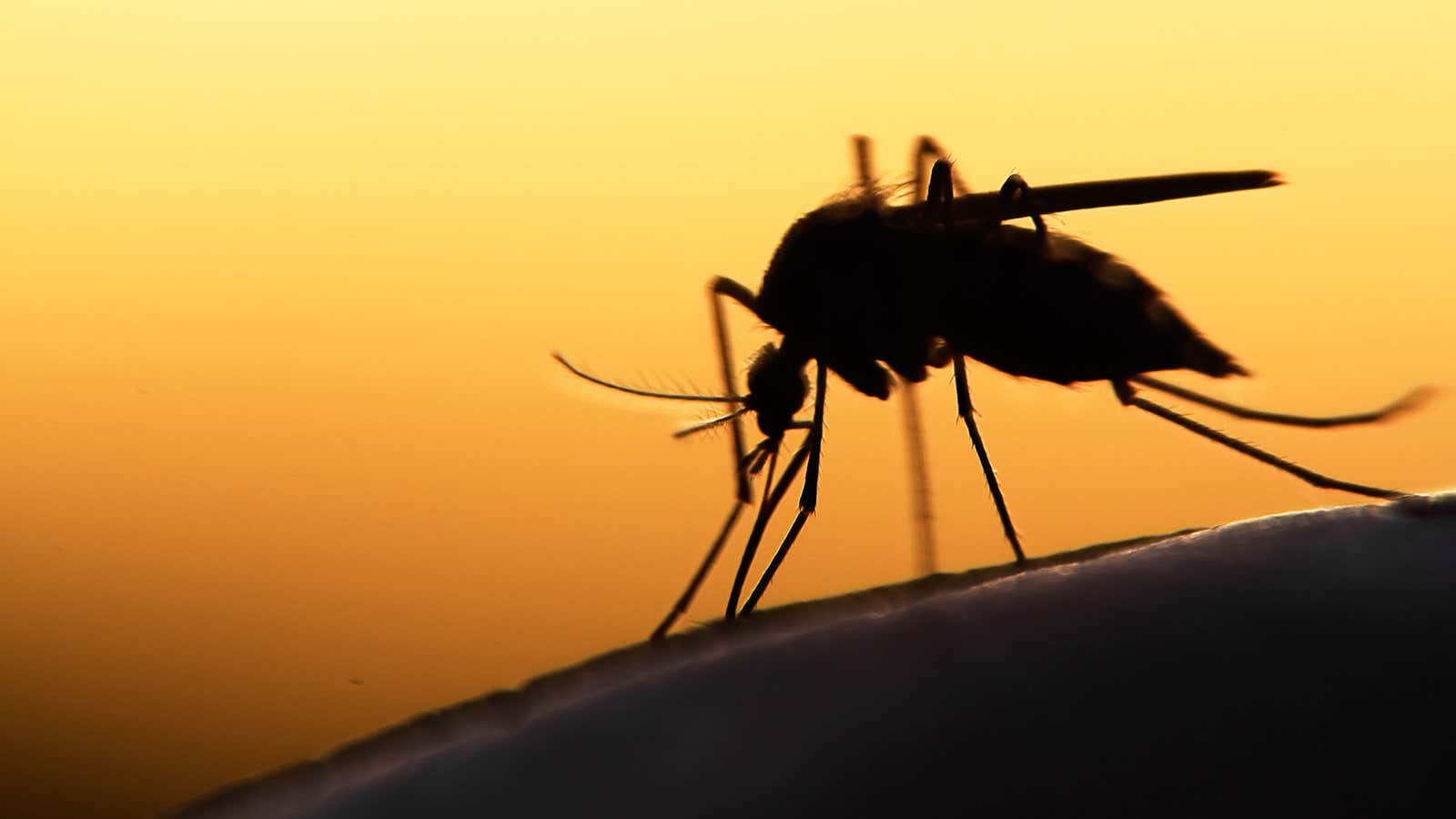The United Nations World Health Organization (WHO) considers it ”deeply concerning” that the Zika virus— the mosquito-borne illness suspected of causing severe neurological birth defects—is “spreading explosively” in the Americas.
The WHO is setting up an emergency committee that will convene on Monday (Feb. 1) to discuss a global action plan.
At a press briefing today (Jan. 28) in Geneva, WHO director general Margaret Chan highlighted four reasons for “extremely high” concern:
First, the possible association of infection with birth malformations and neurological syndromes. Second, the potential for further international spread given the wide geographical distribution of the mosquito vector. Third, the lack of population immunity in newly affected areas. Fourth, the absence of vaccines.
The agency, which was heavily criticized for its slow response to the Ebola pandemic last year, has been under pressure from US researchers to act swiftly on Zika. Cases have been confirmed in 23 countries in North, Central, and South America so far, along with patients in Asia and Europe who had traveled to those regions. Most people have no symptoms, but WHO expects “three to four million cases of Zika virus disease” in the Americas.
There’s a chance Zika could eventually spread to every continent in the world except Antarctica.




